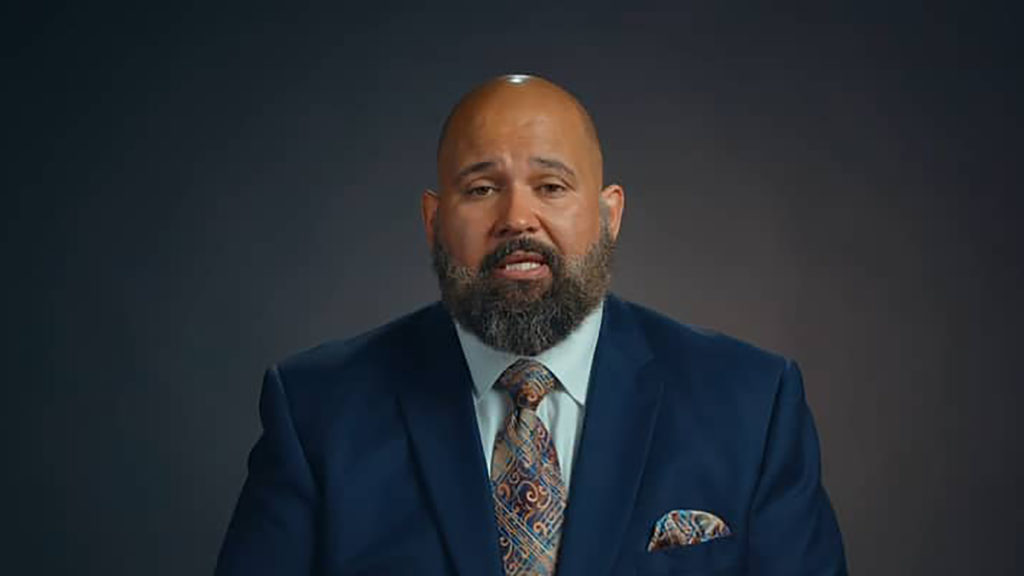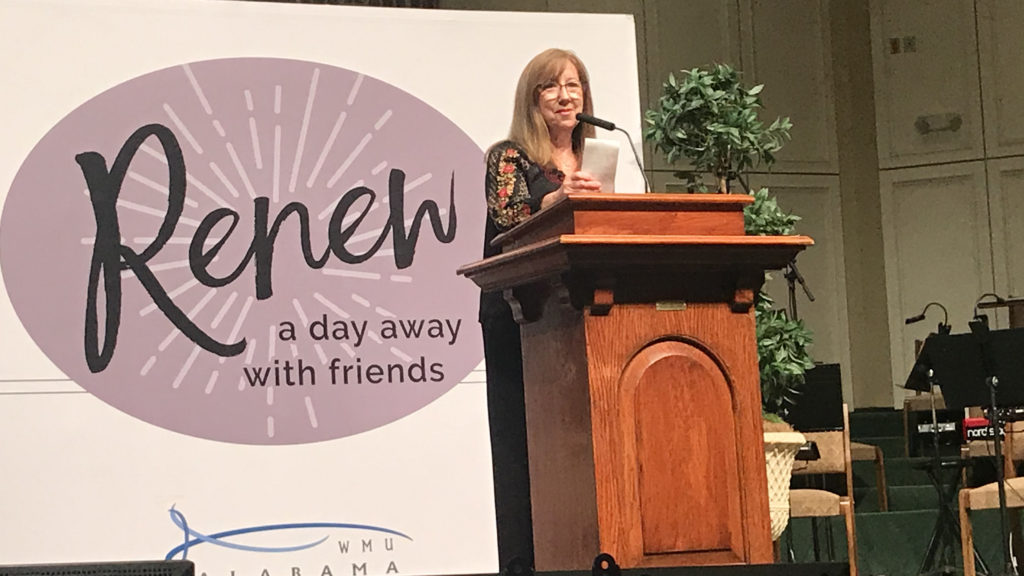The Southern Baptist Convention (SBC) decried ecological catastrophe in the Gulf of Mexico, focused on the family and opposed the normalization of homosexuality as messengers approved seven resolutions with no debate during the SBC annual meeting.
A resolution on the Gulf of Mexcio catastrophe lamented the deaths of 11 oilrig workers and pledged to pray for their families. It also called on Southern Baptists and other Christians “to pray for the end of this catastrophe and for the homes, lives, cultures and livelihoods in the Gulf Coast region.”
It urged the government to end the crisis, ensure corporate accountability to clean up and restore the Gulf region, plan contingencies to respond to future oil spills and “promote future energy policies based upon prudence, conservation, accountability and safety.”
Two SBC resolutions targeted the health and well-being of families.
On the scandal of Southern Baptist divorce cited two studies on divorce. One demonstrates conservative Protestants divorce at the same, if not higher, rate than the U.S. population. The other reveals regions where Southern Baptists predominate have higher divorce rates than regions without a strong evangelical witness.
“Even the most expansive view of the biblical exceptions allowing for divorce and remarriage would rule out many, if not most, of the divorces in our churches,” the resolution stated, citing “cultural accommodation” as the reason for accelerating divorce rates.
The resolution called on churches to “proclaim the word of God on the permanence of marriage,” provide marriage enrichment opportunities, marry “only those who are biblically qualified to be married to one another,” emphasize the gravity of marital vows in wedding ceremonies, minister to couples and families in crisis, and demonstrate compassion to “those who have been left in the wake of family brokenness.”
A related resolution, on family worship, encouraged churches and families to “rekindle the spiritual discipline of family worship.”
The resolutions that opposed the normalization of homosexuality in American society targeted an effort to repeal the U.S. military’s homosexual policy and the proposed Employment Non-Discrimination Act introduced in Congress.
The resolution on homosexuality and the United States military noted, “The Bible describes homosexual behavior as both a contributing cause and a consequence of God’s judgment on nations and individuals.” It cited the 1993 law that supports the current “don’t ask, don’t tell” policy as stating no one has a constitutional right to serve in the armed forces. “It is the seasoned judgment of most military leaders that normalizing the open presence of homosexuals in the military is incompatible with generating, strengthening and maintaining good discipline, unit cohesion and combat readiness.”
Messengers opposed efforts to change current law to “normalize the open presence of homosexuals in the armed forces.” They also deplored acts of violence related to homosexuality, expressed their “pride in and support for all now serving in the United States armed forces” and commended “loving, redemptive ministry to homosexuals.”
The Employment Non-Discrimination Act resolution characterized the proposed bill as “granting such things as sexual orientation the same employment protections as gender and race, placing these immoral and aberrant behaviors on the same level as the immutable traits of gender and ancestry.”
“Homosexual persons are not our enemies but our neighbors whom we love and wish to see find the same forgiveness and freedom we have found in Christ,” the resolution said. But it warned “businesses with a religious character,” such as religious bookstores and parachurch ministries, would not be exempted from policies that would deny them the right to fire or refuse to hire employees based upon sexual orientation.
Another resolution, on the centrality of the gospel, called on Southern Baptists to “reaffirm our commitment to the supremacy and centrality of the gospel of Jesus Christ in our churches,” and exhorted churches to proclaim the gospel to unbelievers and to “display the gospel by transcending ethnic, racial, economic and social barriers due to our unity in Christ.”
“We recommit ourselves to … greater faithfulness to the Great Commission, both in personal witness and in sending more gospel workers to the unreached peoples of the world,” it said. “We commit to speak to the outside world as those who are forgiven sinners, who have received mercy as a free gift, and not as those who are morally or ethically superior to anyone.”
A final traditional resolution on appreciation expressed appreciation for all those responsible for planning and conducting the annual meeting and hosting it in Orlando, Fla. (Editor’s Network)





Share with others: